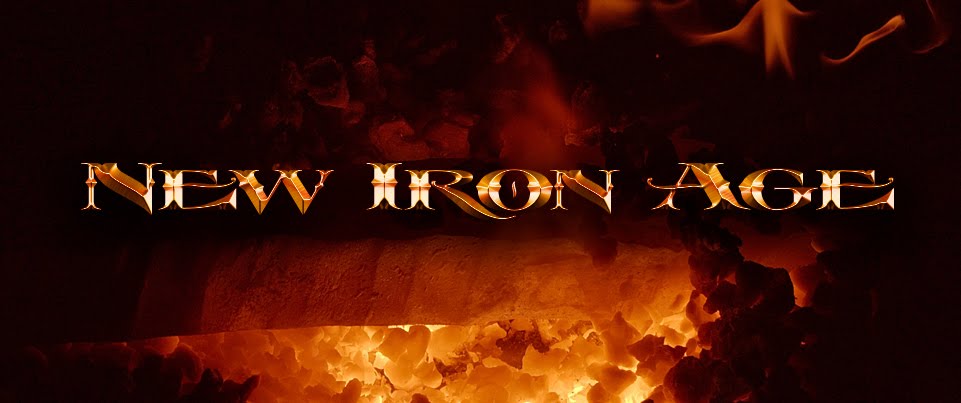This is a strange one, because as a sequel to a remake that no one liked, there doesn’t seem to be any reason for this movie to exist, except for money to be made in foreign markets. It’s always weird to make a sequel to something that is a remake or a reboot, and this had a new director, new screenwriters, and only a few returning members of the original cast. Everything about this signals that the movie should be complete shit, and yet it is somehow ten times more awesome than the movie it is following.
The better script goes a long way, as we are freed from most of the bad dialogue and painful narration of the original. The overarching story of men at war with the gods didn’t seem to have anything to do with the original Clash or the remake, really, but freed from the constraints of interpretation, this movie develops the idea into a crazy kind of superhero/mythological mashup that is like nothing else you have ever seen.
Sam Worthington is back as Perseus, but without his military buzzcut or his dull love interest, as Gemma Arterton was unavailable, so she was killed off between movies. Perseus’s motivation this time out is his young son, and Worthington actually does much better connecting with the kid than he ever did with anyone else. Liam Neeson, Ralph Fiennes, and Danny Huston are back as the trio of Zeus, Hades and Poseidon, and we also get Bill Nighy as Hephaestus and Toby Kebbel as Agenor, bastard son of Poseidon. Princess Andromeda gets a big upgrade from Alexa Davalos to Rosamund Pike, and goes from damsel in distress to warrior queen.
Free to invent, Wrath goes big, depicting a war against and among the gods, and isn’t shy about killing them off. There are shifting rivalries and alliances, and there is not really a set moral compass. The characters battle in a welter of uncertainty and necessity, trying to survive, and not on any holy or unholy crusade. The movie kind of depicts the gods as parasitic, beings who were once needed but have now outlived their time and must be destroyed. The new villain in this one is Ares, played with excellent selfish impulsiveness by the underrated Edgar Ramirez.
The effects in this one are so much better than in Clash it borders on shocking. The set piece battles look amazing, and it’s obvious the growth of the MCU at the time was having an effect on how the action was depicted and shot. The year before, Immortals had covered a lot of the same subject matter, and despite strong art direction, the action in that film now looks petty and small compared to the huge, thundering, mountain-breaking battles of this one. The CGI is first-rate here, and it really brings everything to life alongside some inspired creature design, like the freaky chimerae, or the weird machai with their two bodies grown together.
Away from the expectations of a remake, the movie is more its own thing, and comes off as miles better for it. The script is much better, with some real character moments and some genuine humor, rather than the dull exposition-fest of the first film. The number of extraneous characters and elements is pared down, and the whole is more focused and seems to be about something, rather than just a bunch of shit thrown in randomly. The action sequences and battles go really big, and you never feel like they are being held back or pared down. When Perseus is riding his black pegasus through flying rivers of lava thrown off by the lumbering, molten form of Kronos, it is really like Greek myth as a superhero movie, and it looks spectacular.
Originally there was going to be a third film, but I honestly don’t know where they could have gone, having killed off all the named gods and finished the whole plot arc. If you passed on this one because of the poor quality of Clash, then be assured this is one sequel that is worth your time.




